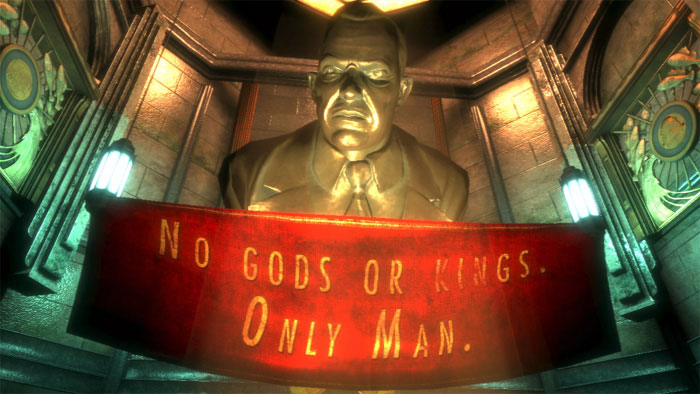Why are we fulfilling our roles at this moment? Society answers that we are going to be rewarded with money, social status, security, and [input what you want here]. It claims that these things make you happier while performing your tasks. These things are supposed to act as your motivators. Well, you might want to think again.


